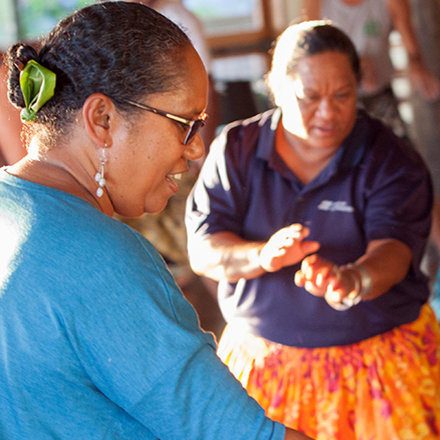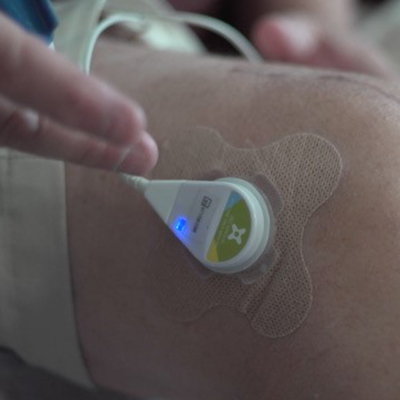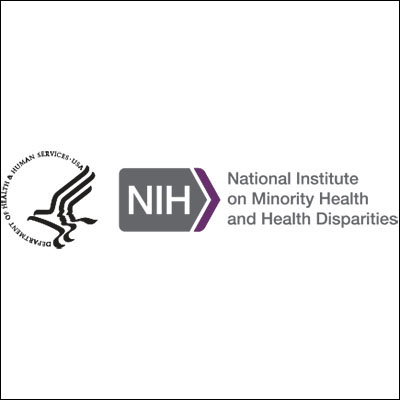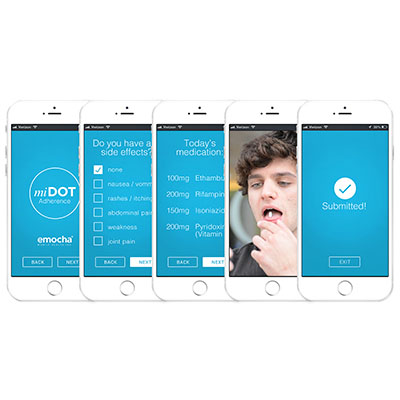
COVID-19 and the Challenges in Recovering from Bariatric Surgery
Dr. Sarah Messiah and her team assessed the mental health and coping tactics of patients recovering from bariatric surgery after the COVID-19 lockdown.

Read about several NIMHD-supported research projects on clinical and health services for diverse minority and populations experiencing health disparities.

Dr. Sarah Messiah and her team assessed the mental health and coping tactics of patients recovering from bariatric surgery after the COVID-19 lockdown.

Amid political protests and a pandemic, Dr. Tetyana Shippee and her team at the University of Minnesota School of Public Health investigate racial disparities and quality of life for nursing home and long-term care facility residents.

The National Institute on Minority Health and Health Disparities (NIMHD) hosted a two-day online workshop, “The Role of Work in Health Disparities in the United States,” to understand and address the role of work as a social determinant that contributes to health disparities.

Shelly Enos, M.P.H., learned the basics of hula, the traditional Hawaiian dance form, when she was a little girl on the island of Oʻahu. She didn’t stick with it, but when she joined a class as an adult, the dance felt familiar.

Pregnancy is often a time of sleep loss and disturbance, but few studies have looked at how sleep affects the mother’s and child’s health.

Today, most medicine tries to treat all patients the same way—what some call a one-size-fits-all approach. But every human being is different, with their own lifestyle, environment, and genes, and the growing field of precision medicine views every person as unique.

Pain is among the top reasons that people go to a doctor. It affects quality of life and can lead to depression, anxiety, and poor sleep.

The State of Oregon introduced coordinated care organizations to its Medicaid program with a goal to reduce racial and ethnic health disparities.

Mental health problems can make people with diabetes sicker. Countless studies have shown that depression raises the risk of all sorts of bad outcomes in diabetes—from foot numbness to premature death. A new study supported by NIMHD found that stress management classes given by community health workers helped low-income Latino people with diabetes feel better, with fewer symptoms of depression and anxiety.

Patients with kidney failure have two options to stay alive: a kidney transplant or lifelong dialysis. With dialysis, people spend hours hooked up to a machine that cleans their blood, which needs to be done several times a week. Most people do much better and live longer if they get a transplant—and it’s more cost-effective.

The day after emocha® Mobile Health, Inc., launched in 2013, CEO Sebastian Seiguer heard about a 3-year-old tuberculosis (TB) patient being treated at a Baltimore clinic. Maryland requires healthcare providers to watch patients take every dose of their medication for active TB treatment, an approach known as directly observed therapy (DOT).

A recent study examining the impact of hospital quality on racial and ethnic disparities in pregnancy-related morbidity in New York City found that differences in the hospitals where Black and White women deliver contribute to the disparity in severe maternal morbidity.

Research led by Dr. Mona Fouad of the University of Alabama at Birmingham examines the use of patient navigators as a liaison between medical staff and patients, to inform and enroll eligible African American cancer patients into clinical trials.

Bill Tan discusses his company’s use of an NIMHD Small Business Innovation Research (SBIR) grant to develop e-learning products to help health care providers improve their medical bilingual proficiency.
Page updated Jan. 12, 2024